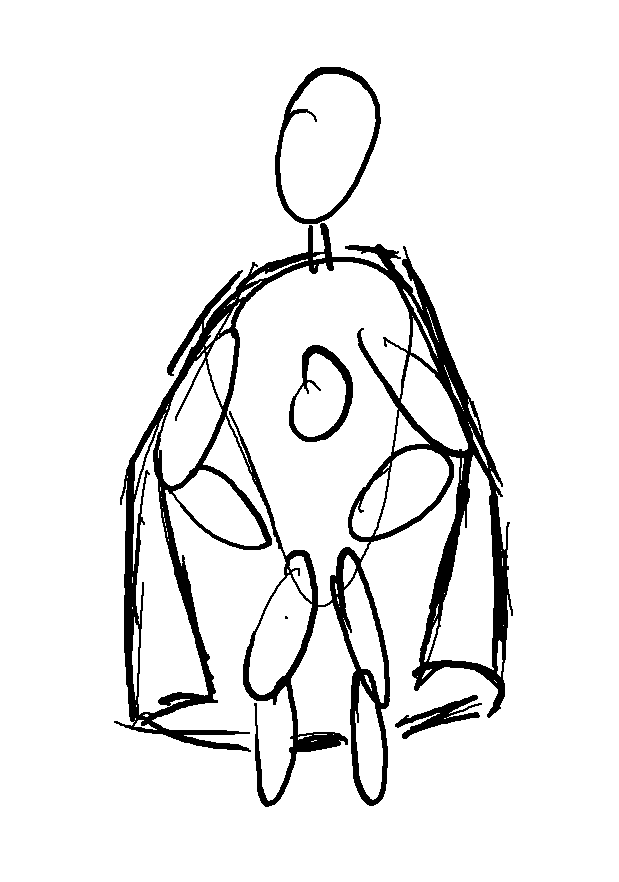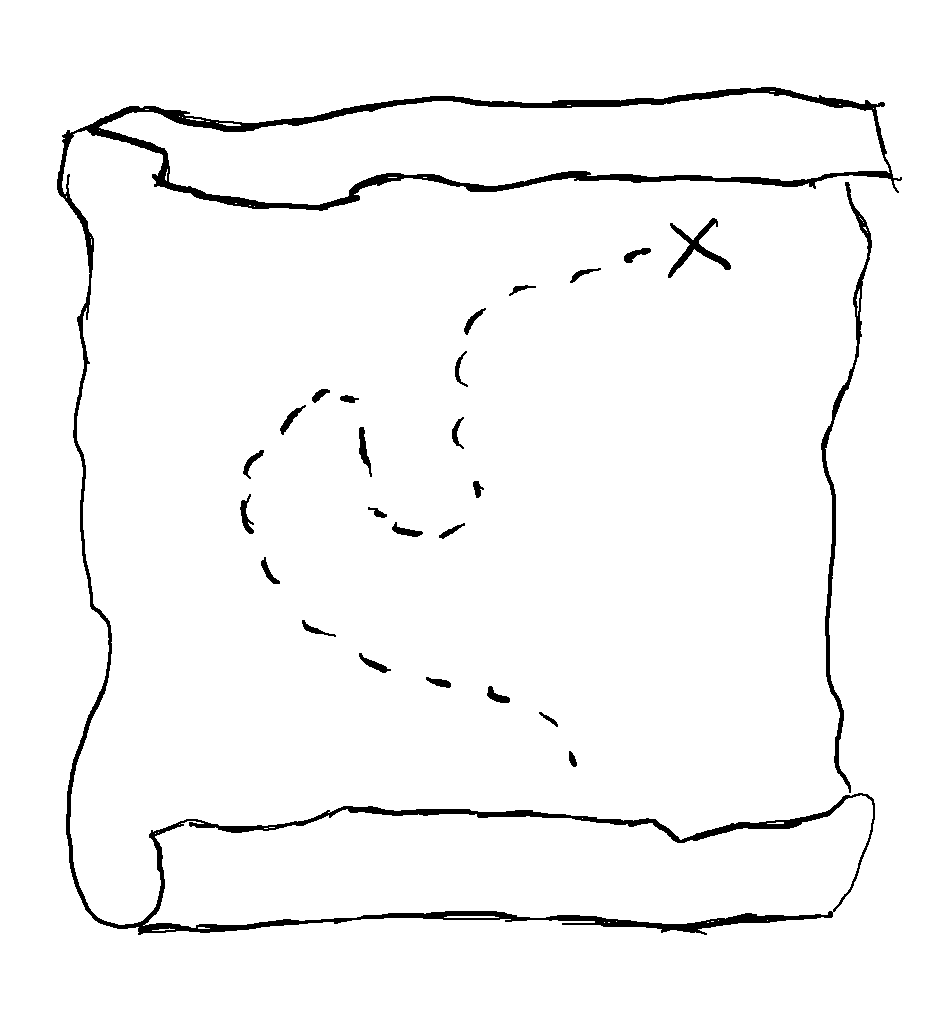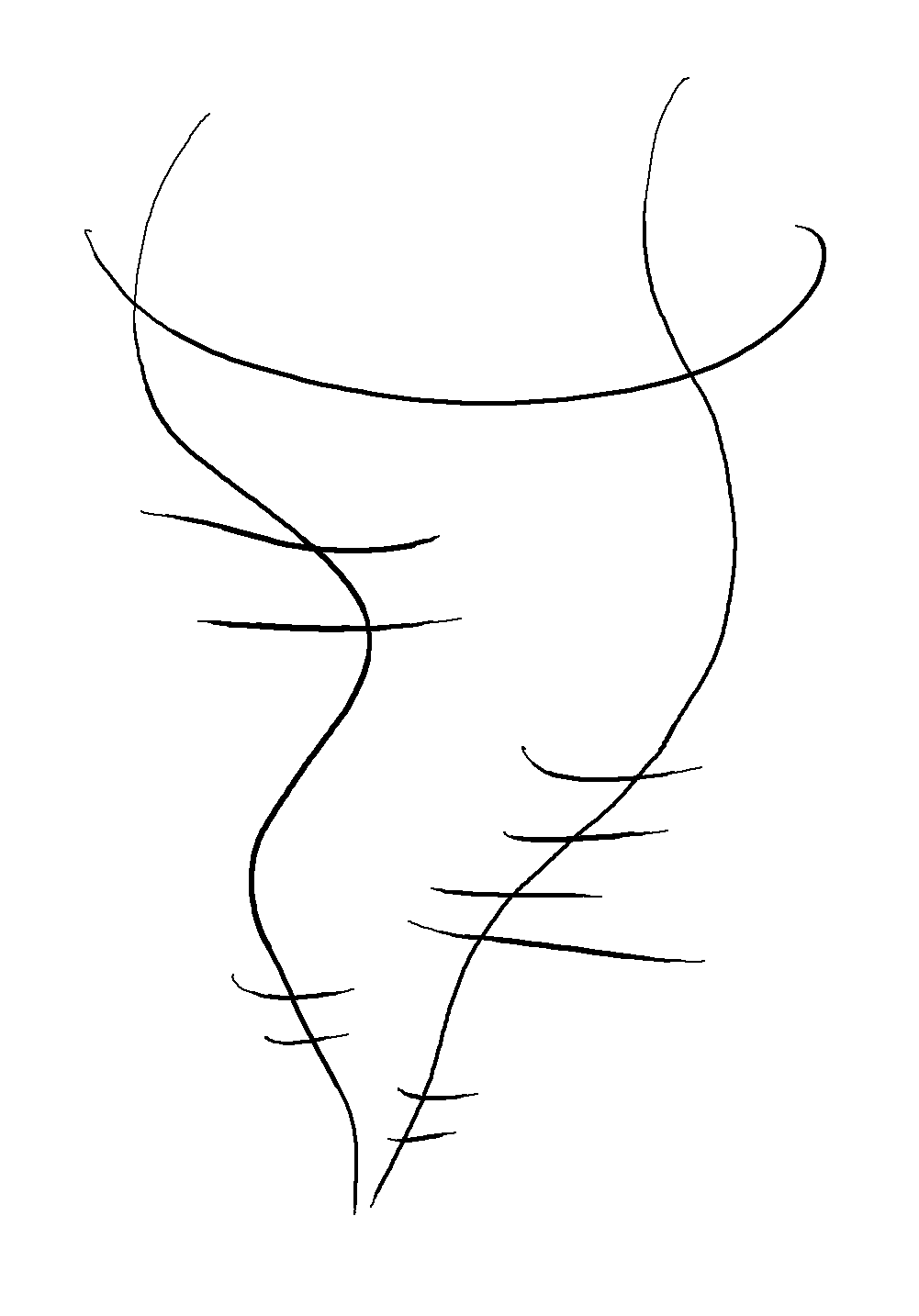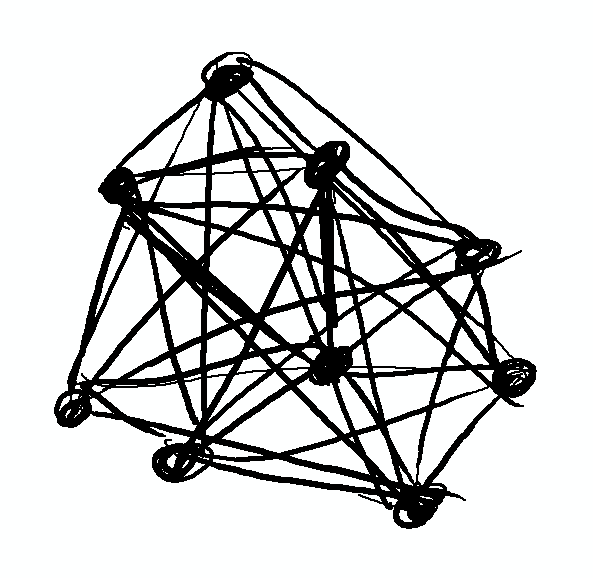Superpowers
You've been led to believe your job is to follow instructions. Instead, your job is to make things happen.
First is the belief that you can make a difference.
Second is the ability to see reality as it is.
Third is doing the work that nobody else does.
To do so, know your superpowers. If you don't, you have the option to do nothing until you know them.

Many activities give you superpowers. Some examples:

Create a map. A project is at the heart of any change. In big corporations many projects are doomed from the start. Some suffer from lack of ambition, others from lack of competence or lack of understanding. And any failed project suffers from lack of direction. Create a map & guide the way.

Manage complexity. A big corporation is full of tourists and empty suits. Tourists have skills without context. Empty suits have power without competence. Both do superficial work and never deal with the big ball of complexity. Get to know the territory & untangle the complexity.

Possess unique skills. Some skills are so rare that simply having them is valuable. Typically, these skills are found at the edge or embedded in the core. At the edge new opportunities are created for the organisation and to have unique skills requires constant learning. This is why top AI scientists can command very high salaries. In contrast, in the core archaic IT systems are interconnected and to have unique skills requires deep context built over years of work. This is why highly skilled COBOL developers are being brought back from retirement. Build unique skills.

Inspire. All around you there is latent potential because people are uninspired. They coast. Make a group do more with less.

Foster connections. Many organisations suffer from siloed information. If you're able to create connections between these silos, you will create new information.

Ask new questions. At the heart of any change is an idea. If your question uncovers new ideas, you create new potential.
This weekly email series is an invitation to engage with ideas. Ideas create motion.
Want to unsubscribe? Unsubscribe
No comments yet.